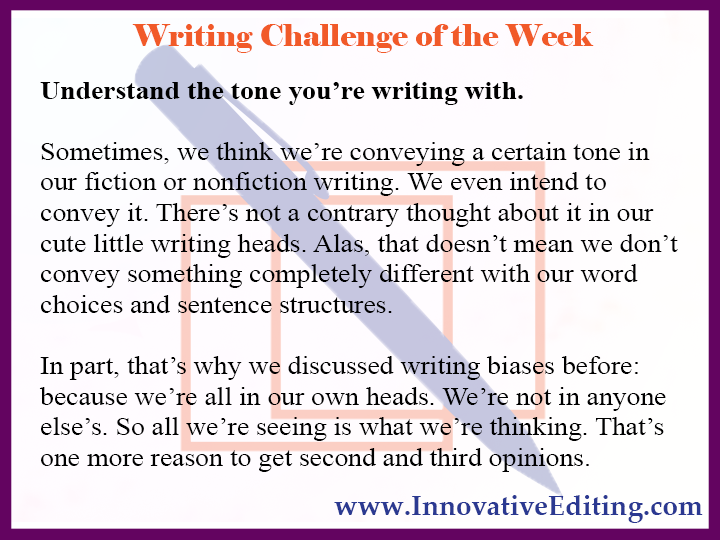What’s Wrong With Christian and Anti-Christian Fiction Alike
- Jeannette DiLouie
- Jul 30, 2018
- 3 min read
On Tuesday, July 17, I went to Barnes and Noble for my bi-monthly Genuine Writer Meetup group. While there, I did a bad thing: I bought two new books.
That I didn’t need.
On top of the stack of books I already own and haven’t gotten around to reading yet.
Bad Jeannette. Bad.
It’s just that the one seemed so interesting! Written by Christina Henry, it’s called The Mermaid, which is a pretty striking title, right? So is the description on the back, though I’ll just copy and paste the one from Amazon. It’s probably the same anyway…
Once there was a mermaid called Amelia who could never be content in the sea, a mermaid who longed to know all the world and all its wonders, and so she came to live on land.
Once there was a man called P.T. Barnum, a man who longed to make his fortune by selling the wondrous and miraculous, and there is nothing more miraculous than a real mermaid.
Amelia agrees to play the mermaid for Barnum and walk among men in their world, believing she can leave anytime she likes. But Barnum has never given up a money-making scheme in his life, and he’s determined to hold on to his mermaid.
I mean, come on. How could I not buy that?
As it turns out though, there’s something to be said for self-control after all. Because the book turned out to be a major disappointment.
A huge one, in fact.
Opening it up, it started out beautifully. Evocatively. If the ocean could write, I think it would have written like Christina Henry does in her first few pages. All words rolling off and around and into each other, flowing effortlessly and carrying the reader right along with it.
It was so lovely that I shrugged off the first few bigoted generalizations she began throwing in – little bits of trash marring an otherwise exquisite expanse of glittering watery waves.
But there was no way to ignore the massive island of garbage that was the second half of the book. Henry threw all her true feelings about Christians, men, the American South and Western civilization into her once engaging ocean, making it downright exhausting to swim through.
I almost gave up more than once as I near-drowned in her personally projected pollution. And so I went from giving the book a solid five stars to giving it two, which is a major shame, to say the least.
It could have been stunning. I’d even say that it should have been that way. But Christina Henry got in her own way instead.
There is one funny thing about her anti-Christian platform, however. It’s how it makes me lump her right in with the exact kind of people she apparently hates.
You see, I’ve long-since stopped reading Christian fiction because it’s so darn preachy. Unlike Henry, the writers aren’t trying to be vindictive. Quite the opposite, actually, as I truly think they’re trying to be helpful.
Yet Christian or anti-Christian, their stories still suffer.
They suffer because they’re not the main point of the published pages. The stories so obviously come second to the authors’ agendas, whether to preach salvation to people who are already saved, which is pointless; or generalize huge and diverse populations, which is bigoted.
Fiction writers aren’t supposed to let their stories trample over their ethics and opinions, mind you. But they’re also not supposed to let their ethics and opinions trample over their stories.
Trampling is typically something fictions writers want to avoid in general.
Instead, stories are supposed to be built on a foundation of fiction writers’ ethics and opinions. And a foundation is the part of a house or building that nobody outside of the builder ever sees.
It’s what holds everything up, but in a subtle, under-the-scenes manner that doesn’t distract from the purpose of everything above it.
Otherwise, why bother being a fiction writer at all?




